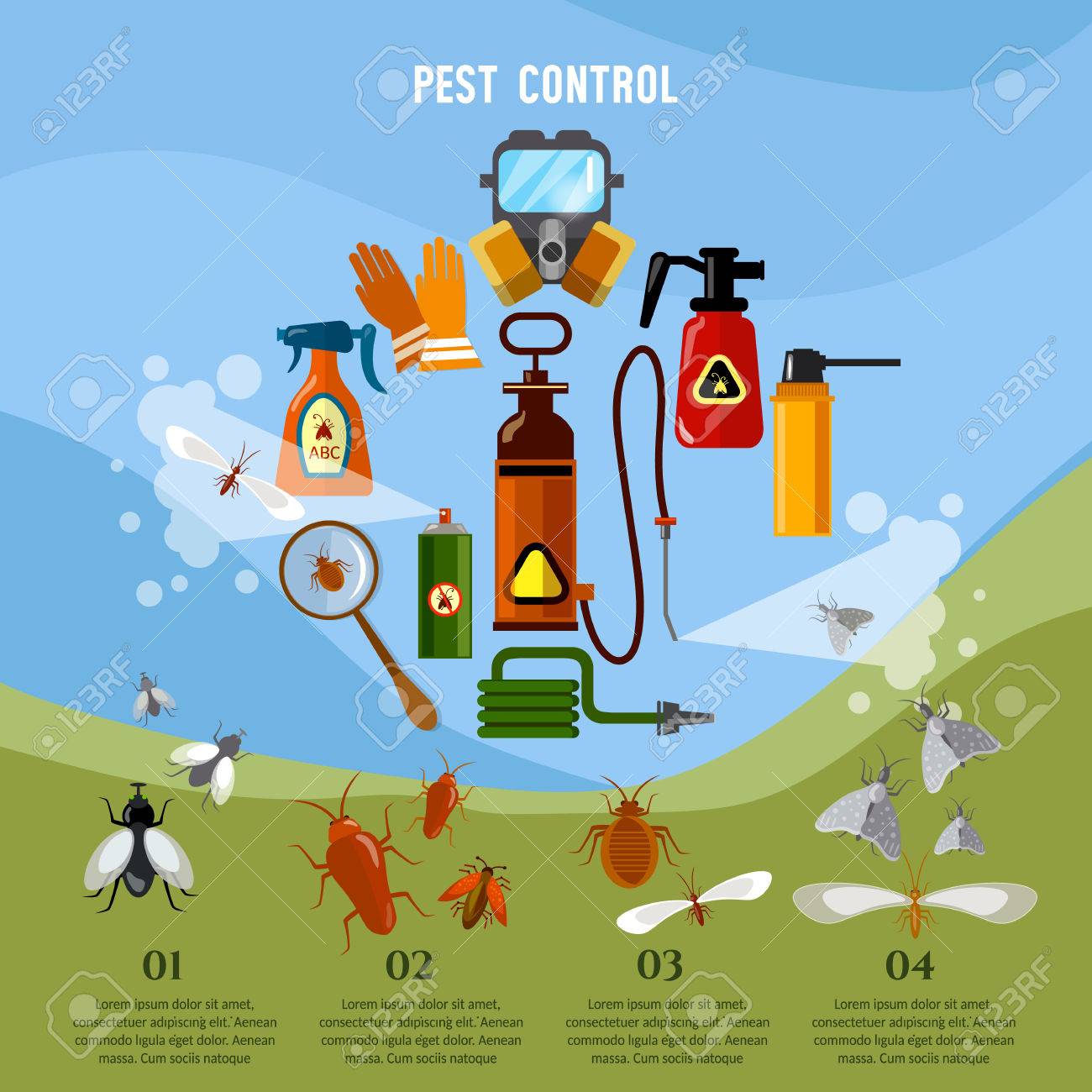Protect Your Yard From Vermins: Suggestions For Keeping Unwanted Intruders Away
Protect Your Yard From Vermins: Suggestions For Keeping Unwanted Intruders Away
Blog Article
Composed By-Gupta Espersen
Envision your yard as a shelter, a place of tranquility and appeal. Nevertheless, the existence of outdoor parasites can promptly interrupt this idyllic picture. What happens if there were basic yet efficient ways to maintain these undesirable visitors away and safeguard your yard sanctuary? By following a couple of functional ideas and carrying out all-natural approaches, you can develop an unified exterior room where your plants can grow undisturbed.
Natural Pest Deterrents
To keep bugs far from your yard normally, plant aromatic natural herbs like mint and lavender. These fragrant plants not only include charm to your yard yet also work as reliable bug deterrents. https://trentonytays.theisblog.com/32196057/home-parasites-are-a-typical-trouble-however-did-you-understand-that-they-can-additionally-position-a-threat-to-your-health like mosquitoes, flies, and also some garden-damaging pests are repelled by the solid aromas given off by these herbs. Merely putting them purposefully around your garden can assist develop a natural obstacle against unwanted parasites.
Along with mint and lavender, think about planting other herbs like rosemary, basil, and lemongrass to further improve your garden's pest-proofing abilities. These herbs not only function as all-natural repellents yet additionally have the added benefit of working in food preparation or crafting homemade remedies.
Strategic Plant Positioning
Think about the format of your garden and the types of plants you have to purposefully place them for optimum pest-proofing performance.
Begin by grouping plants with similar resistance to bugs together. By doing this, you can produce a natural obstacle that hinders parasites from spreading throughout your garden.
Additionally, putting pest-repelling plants like marigolds, lavender, or mint near even more prone plants can help safeguard them. Tall plants, such as sunflowers or corn, can serve as a guard for much shorter plants versus insects like rabbits or ground-dwelling bugs.
Keep in legacy pest control to leave sufficient room in between plants to enhance air blood circulation and decrease the danger of illness that pests could carry.
In addition, take into consideration planting strong-smelling herbs like rosemary or basil near susceptible plants to puzzle bugs' senses and make it harder for them to locate their targets.
Reliable Insect Control Approaches
For combating garden insects successfully, implementing a multi-faceted pest control technique is crucial. Begin by motivating Highly recommended Resource site -natural killers like birds, ladybugs, and praying mantises to aid keep parasite populations in check. Presenting plants that attract these advantageous insects can help in pest control. In addition, exercising excellent garden health by eliminating particles and weeds where bugs might hide can make your yard less hospitable to unwanted site visitors.
Consider making use of physical barriers such as row cover fabrics or netting to protect susceptible plants from parasites like caterpillars and birds. Applying organic pesticides like neem oil or insecticidal soap can likewise be effective versus specific insects while being much less damaging to valuable bugs and the atmosphere. It's essential to rotate your plants each season to avoid the accumulation of bug populaces that target certain plants.
Routinely evaluate your plants for indications of pest damages so you can take action without delay. By combining these methods and staying attentive, you can properly regulate garden bugs and take pleasure in a flourishing, pest-free garden.
Conclusion
So, there you have it - with the right methods, you can keep pesky exterior bugs far from your garden and aid your plants grow.
Did you know that planting mint has been revealed to push back insects and other insects, reducing the demand for hazardous chemicals by as much as 60%?
By including all-natural deterrents and clever growing strategies, you can create an attractive and pest-resistant garden sanctuary for you to delight in.
